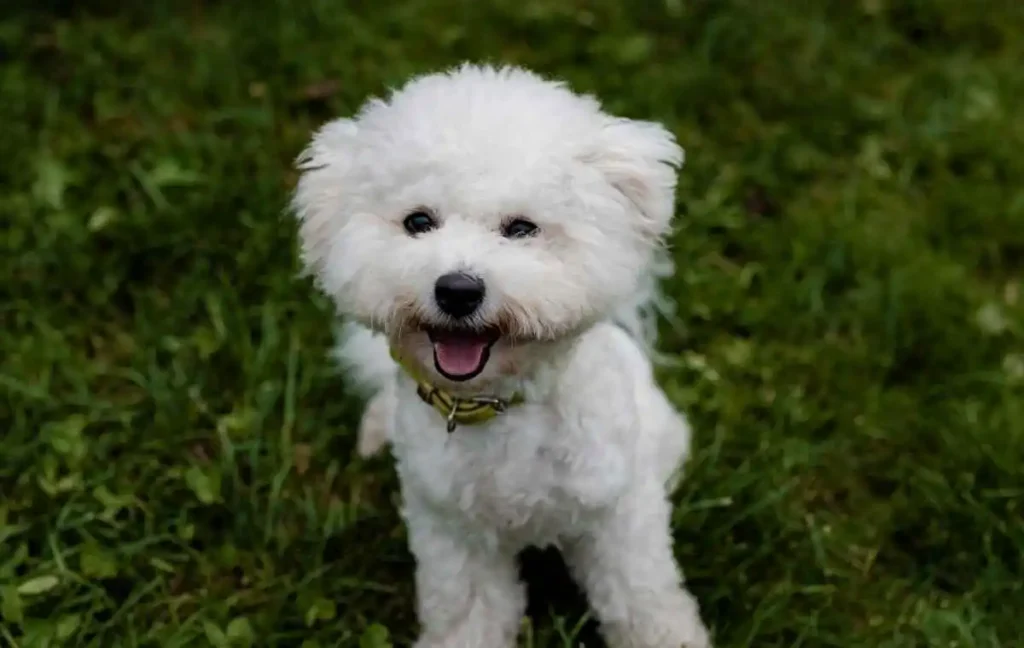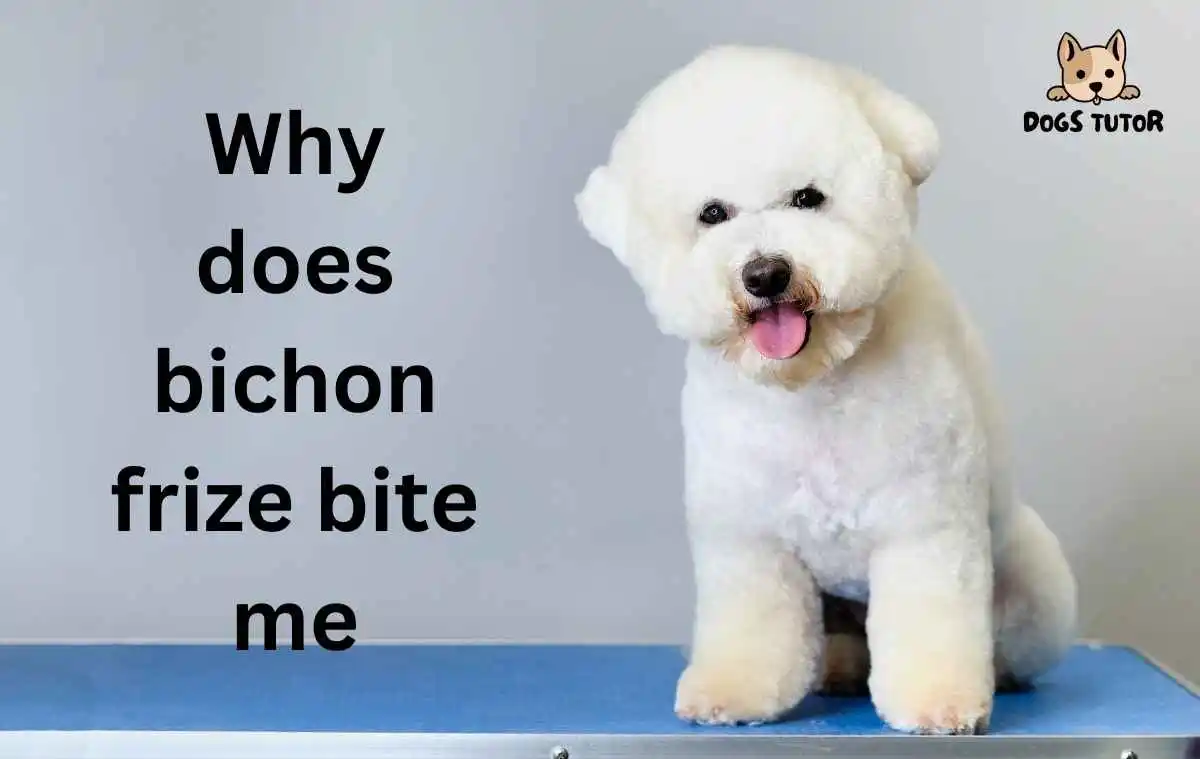Wondering “Why does bichon frize bite me?“ Discover the root causes behind this behavior and how to stop it before it worsens. Like all dogs, Bichon Frize require early socialization and ongoing training to ensure they do not resort to biting. Without proper handling from a young age, they can develop fears or territorial tendencies.
While naturally friendly, unknown people approaching in a loud or looming way may cause a Bichon to feel threatened if not well-adjusted.
Over-enthusiastic interactions from young children are also more likely to lead to nipping. Bichons generally do best in homes with confident, experienced owners who establish clear rules and rewards. Stressful changes in routine or a new baby arriving can cause even a usually gentle Bichon to feel anxious and potentially bite if it feels its perceived “pack order” is disrupted.
Maintaining calm, predictable care and consistently reinforcing positive behavior through obedience work helps keep Bichons well-adjusted members of the family. With patience and effort, their playful spirits can be channeled into appropriate interactions that do not involve using teeth on people.
Bichon Frize Appearance
The Bichon Frize is a small, powdery puff dog. Adults contain 10-11 inches tall and weigh 6-12 pounds. They have a robust, compact body and straight legs. The defining feature is a dense, curly white coat that forms tight ringlets over the entire body. The coat is hypoallergenic.
Bichons have expressive, dark eyes and a short black nose. Their tail curls gracefully over their back or to the side. A regular trimming and brushing is needed to care for their ever-growing coat. This keeps their coat tidy and prevents matting. Bichon Frise is an energetic small dog known for its charming white curly coat and powder puff appearance. Their size, coat and lively eyes make them a unique companion breed.
Bichon Frize History: Where the Breed Originated
Bichon Frize has its origins in the Mediterranean islands centuries ago. Beloved of European aristocracy for their charm and lap-warming ways, the small powder puff dogs with tightly curled white coats were a prized companion. Their ancestry may be traced to the revered Water Dogs of Toulouse, gifted sailors who rescued other creatures from the sea.
First brought to the Americas in the 1970s from their homeland roots in Greece, Italy and Spain, the breed has since won many hearts. With their lively dark eyes and cheerful spirits, Bichons prove the perfect antidote to modern stress.
Though their lineage dates back to medieval times, these small dogs remain as joyful a gift today as when first presented between royalty so long ago. Always eager to please yet content as a beloved family fixture, the Bichon Frise continues enriching homes with their sunshine nature.
Why does bichon frize bite my feet
Bichon Frises are generally playful, affectionate dogs. However, nipping or mouthing at feet requires addressing. For some Bichons, biting feet stems from improper socialization and a lack of training establishing physical boundaries. Not being taught bite inhibition at a young age can lead to unwanted feet biting as play.
Anxiety or fear may also cause defensive nipping if feet or toes startle the dog. In rare cases, an underlying medical reason like paw pain could motivate foot biting. Ensuring the home is low stress, providing outlet for a Bichon’s energy through exercise and toys, and consistently rewarding good behavior helps curb feet biting tendencies.
Proper training from a young age in gentle handling skills and what is or isn’t appropriate to put teeth on is important for a Bichon Frize to interact well with families. if you follow these guidelines your bichon frize will stop biting you.
How to stop a bichon frize puppy from biting

To stop biting, replace hands with chew toys when mouthing occurs and praise calm behavior. With redirection to toys and reinforcement of good habits, biting lessens over time.
Then reward them for not biting with treats and praise. Use commands like “leave it” and control their environment with gates to minimize opportunities for unwanted behavior. Be consistent and patient as puppies outgrow this stage at 6-7 months.
Understanding Puppy Teething
Bichon puppies start teething between 3-6 months as new teeth push through sore gums. Chewing soothes the pain, so puppies often nibble hands and feet. Recognizing this natural phase is key.
Redirecting to Appropriate Chew Toys
From a young age, gently replace hands with sturdy chew toys when mouthing. Praise calmly when chewing the toy instead. Rotate a variety of textures like ropes, bones and rubber to hold interest. Always supervise until molars come in fully at 6 months to discourage dangerous chewing.
Using Positive Reinforcement
Catch Bichons being gentle by heavily rewarding calm behaviors with treats and praise. During playtime, calm commands like “gentle” followed by a reward teach what’s wanted. If biting occurs, walk away until composure returns before play resumes positively.
Controlling the Environment
Avoid overstimulating Bichons until they’re older. Provide chews and toys throughout living spaces and only allow controlled interactions without nipping. An exercise pen teaches independence without destructive habits forming.
Reinforcing Commands
Building a “leave it” cue paired with treats to drop unwanted items helps redirect energy. Practice “sit”, “stay” and “settle” to further channel inclinations to mouth. Obedience training channels puppy energy appropriately to curb nipping tendencies.
With time and consistent positive methods, Bichon puppies can learn biting is unacceptable. Supervision, redirecting and reinforcement shape their mouths gently in these formative early months.
